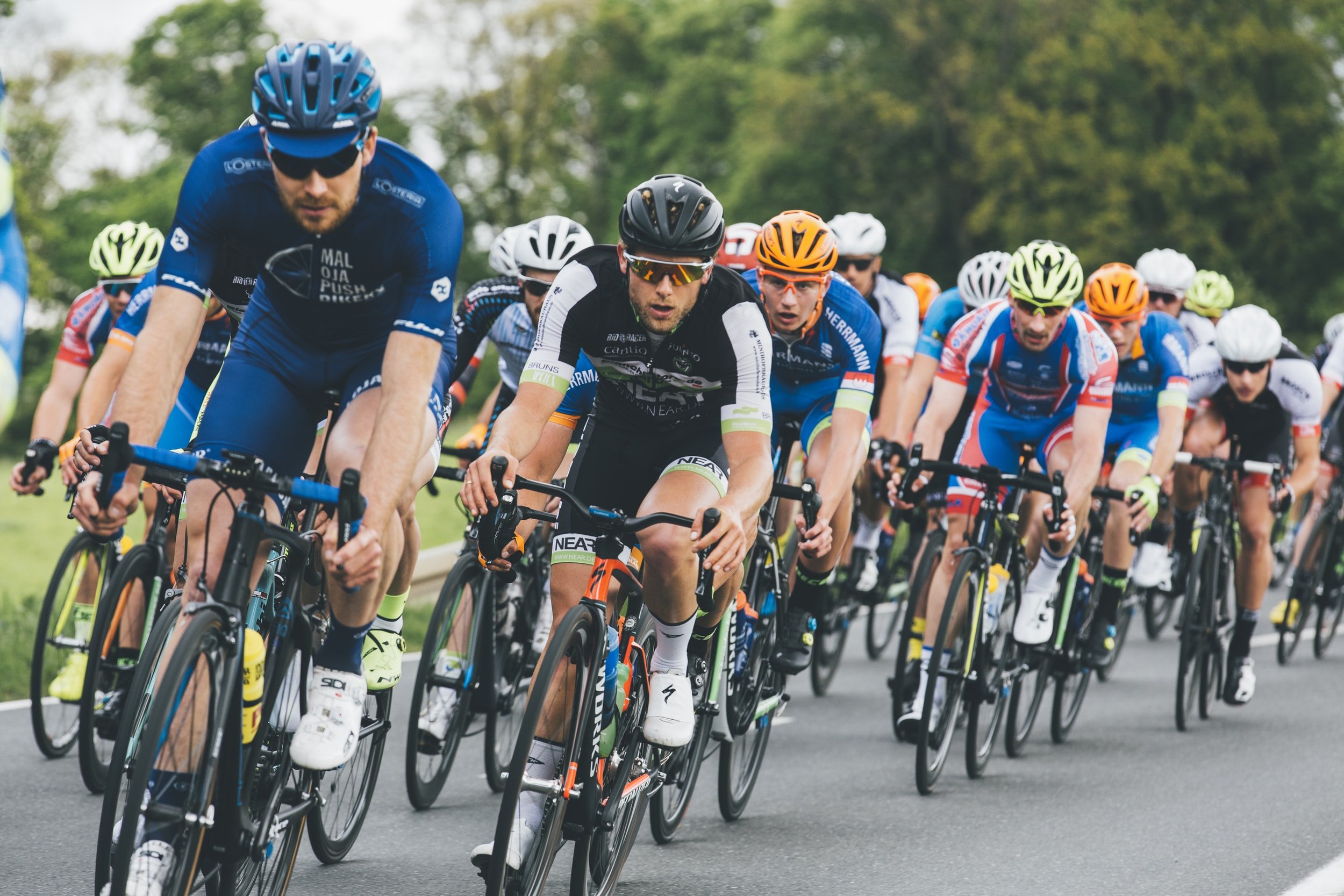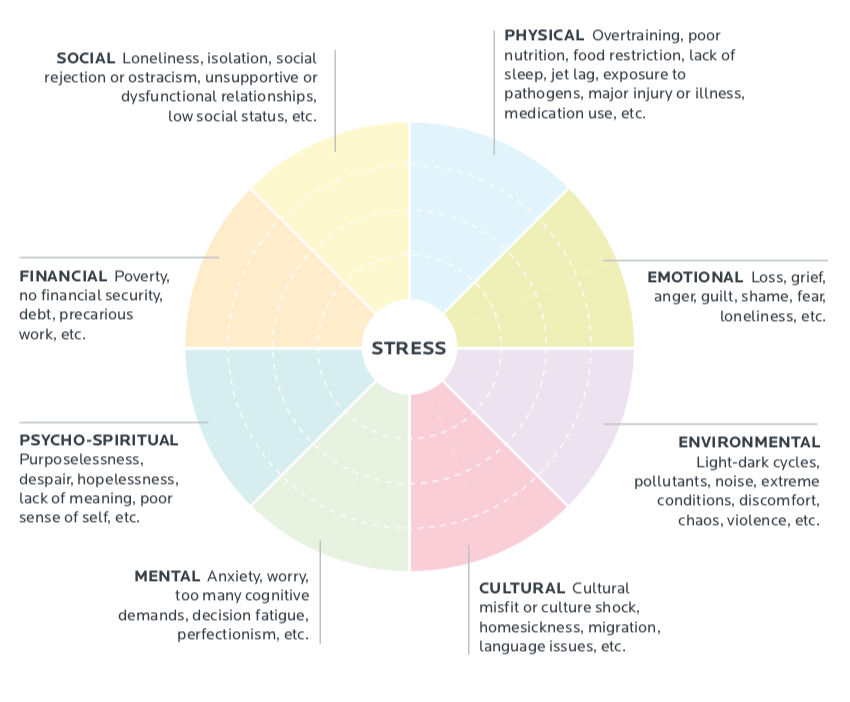Is It True Our Metabolisms don’t slow down until we hit 60?
What the research says
In August this year, a paper was published showing evidence that the human body’s metabolism didn’t slow down until the age of 60. What’s more, they found that this remained true even in puberty, pregnancy and menopause.
Herman Pontzer, an evolutionary biologist and other researchers found that our bodies didn’t quite slow down its metabolism like we had once believed and that our RMR remained steady from the age of 20 to 60. From the age of 60 onwards, it slowed down by 1% anually.
This finding is important for so many reasons. It means that we can no longer blame our metabolisms for weight gain from the age of 30 onwards, and although that might not sound like the answer most people want to hear, it’s actually good news. Blaming your hormones and weight gain after 40 isn’t just down to our bodies any more, it’s down to habits too.
This means that we are in control of our bodies. Being empowered with this knowledge can help you make better choices and put systems in place that can allow you to be in control of your lifestyle.
If our metabolisms aren’t to blame for weight gain then what is?
The simple answer? Our lifestyles.
This isn’t to say that we are gaining weight as a result of being lazy, in fact, its quite the opposite. We are gaining weight as a result of being busy.
Parents are busy trying to provide for their children. Employees are busy trying to navigate their way through work places. Employers are busy trying to run companies.
We are gaining weight as a result of trying to survive the day to day stress. When we experience stress this can have numerous affects on how we move, our food choices and our sleep schedules which as we know can ultimately affect our hormones. More on that later.
Hello Stress my old friend…
Stress comes in many forms; physical, emotional, environmental, relational you name it. We are under stress the moment we wake up until the moment we go to bed. It’s a part of life.
Some are good, some are not so great.
*Image source: Precision Nutrition
The stress that we experience impacts the decisions we make on a daily basis. Here are some of the things that could be affecting our energy balance as a result of “life” happening:
Hyper palatable foods, that are dense in energy are being chosen as a way to cope with stress
A decrease in energy expenditure through out the day as a result of injury/pain or a sedentary lifestyle
Changes in our sleep schedule that could have an impact on our energy output
Mars bars vs running
People are often under the misconception that if you eat a mars bar, you can simply “burn off” the calories by going on a run. Specifically 38 minutes of running (I’m rolling my eyes as I write this.) Sadly our bodies don’t work that way.
Exercise makes up a 5% of our total daily energy expenditure. So if you run for an hour but spend the rest of the day stuck at a desk from 9-5 you likely won’t be able to lose the weight unless you make changes to your overall lifestyle and your diet.
Not to mention, thinking about exercise as only a way to “burn off” what you ate is not only unhelpful but an inaccurate understanding of the whole picture and often leads to disordered eating behaviours. If you would like more details on what those behaviours are please read this blog here.
During an interview Herman Pontzer did with Dr Chaterjee, here’s what he said:
“If we want fat loss to happen, then it has to be a diet approach. So you say ‘maybe I’ll just do one or the other, it sounds like like exercise and diet have the same effect because one’s energy in and one’s energy out, I could just decide to focus on one or the other. And that really isn’t what the science says. The science says that diet is going to do all the heavy lifting and exercise to add on to that is fantastic, and can do all kinds of good things, but it’s the diet piece that is actually going to change the number on the scale.”
Honestly I love the man, his book Burn was an incredible read, I’ll link to it at the bottom of this blog.
Next, the scapegoat that takes the blame for everything.
My hormones are making me fat!
Menopause has caused many women to feel frustrated with their bodies, and now suddenly research is saying our metabolism doesn’t even change during menopause?
*Cue lots of female swearing*.
Don’t shoot the messenger m’aam.
Blaming hormones on weight gain won’t solve your problems. Here’s why: hormones don’t actually make you gain weight, they simply affect the way your body expends energy, or “burns” energy. In other words, they can affect our energy balance.
Okay okay, we are playing with semantics here but hear me out.
When we blame our hormones for the sudden weight gain, this could lead to unhelpful decisions like trying to adhere to ridiculously strict diets that will just end up making us more miserable, wanting more food and eventually giving up altogether.
Here’s the thing, our hormones are intertwined with our overall energy expenditure so while they can affect weight gain, this doesn’t necessarily mean that you can’t be in control of your body.
Understanding the science and energy balance will empower you with the choices to make suitable adjustments to your food choices, your lifestyle and exercise routine.
Remember that our NEAT (non exercise activity thermogenesis) amounts to more than your weekly exercise. This means simply making better food choices, increasing your TDEE (total daily energy expenditure) will help you regain back that control.
Hormones and weight gain after 40
I get it, being an over 40 something year old athlete and feeling as if you are losing control of your body, only to learn that it’s not your metabolism can be a real bummer, but look on the bright side, it means you do have control. Doesn’t having that knowledge make you want to do something about it?
Comment below what your biggest struggles are right now and what you’ve tried so far to help you address them.
Resources:
Study: Daily energy expenditure through the human life course





